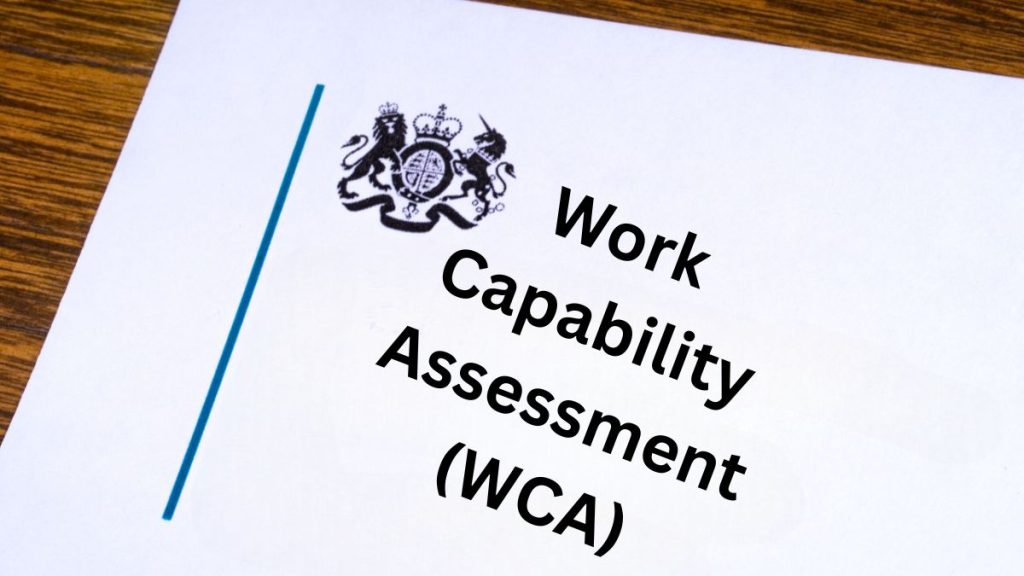For millions of people living in Britain, 2025 could prove to be a year that will completely change their income and lifestyle. The new plans and changes introduced by the Department for Work and Pensions (DWP) are being considered the biggest welfare reform in decades. If you are unemployed, rely on Universal Credit,Cost of living or are receiving benefits like PIP (Personal Independence Payment) then you need to be fully aware of these changes.
In this article, we will know which 5 biggest changes are coming, how they will affect you, and how you can keep your financial situation safe.
Freeze on the health element of Universal Credit – inflation will increase
From 2025, people receiving the health element in Universal Credit will continue to receive an amount of about £97 per week, but this amount has been frozen until 2029/30—that is, there will be no increase in it.
What will be the impact?
This means that as inflation rises, your buying power will decrease. This will hit hardest for people who are already living on limited incomes If you are already receiving this benefit, keep your claim going, because you may only get £50/week if you reapply.
Work Capability Assessment (WCA) ends, now only PIP-based help
The DWP is going to completely abolish the Work Capability Assessment (WCA) by 2028. Previously, the WCA used to determine whether a person was able to work or not.

Now this assessment will be based on PIP. If you don’t have PIP—even if you are actually not in a position to work you will not get additional help.
What’s the risk?
- People with fluctuating or invisible illnesses will be excluded.
- Not having PIP means you will not get any additional financial support.
Change in PIP rules – Claiming is no longer easy
The PIP rules are also getting stricter from the end of 2026.
Earlier you could claim PIP by scoring a little bit in different activities (such as taking medicine, cooking, etc.). Now the new rule says that 4 or more points have to be scored in any one activity.
Who will be most affected?
- People suffering from mental health problems.
- People with chronic or complex diseases.
- Help of thousands of people may stop.
New Unemployment Insurance – based on NI contributions
The DWP is now going to introduce a new “Unemployment Insurance” scheme, replacing old schemes like ESA and JSA.
- Its features:
You have to pay a lot of National Insurance contributions to get it. - Benefits will be available for only 6 to 12 months.
- This scheme is on the lines of countries like Germany and Sweden.
But who cares?
- Part-time workers
- Self-employed people
- Those who have a gap in their work history
- These people may not get anything from this new scheme.
Bad news for youth – those under the age of 22 will not get health element
From 2026, young people under the age of 22 will not get health element under Universal Credit—even if they suffer from lifelong disability.
Who will be harmed by this?
- Young people with autism
- Suffering from mobility problems
- Young people with neurological conditions
- This decision is facing criticism from various social organizations, as it violates the rights of the youth.
What can you do? Solutions and tips
- Use the Benefits Calculator: Websites like entitledto.co.uk and turn2us.org.uk can help you find out what benefits you’re entitled to.
- Apply for PIP early: As the WCA is now being phased out and PIP will be the sole basis, apply for PIP as soon as you can.
- Respond to a Migration Notice: If you’re moving from an old benefit scheme to Universal Credit, respond within 3 months or payments may stop.
- Keep an existing claim open: Do not let your Universal Credit claim stop under any circumstances. Restarting will involve the new rates, which are much lower.
- Get help: Free assistance is offered by organisations such as Citizens Advice, Scope and Disability Rights UK.
Conclusion
The changes introduced in the new rules are massive to say the least. This should be the moment when you analyze your situation and hopefully, make the required preparations, in case you have not done so yet These rules may interfere with your paycheck, wellbeing, and stability, so, stay alert, make your applications on time, and keep updated.
FAQs
Q1. What is the latest DWP rule change for unemployed people in the UK?
A. The Department for Work and Pensions (DWP) is introducing several changes, including freezing the Universal Credit health element, replacing Work Capability Assessment (WCA) with a PIP-based system, and adjusting benefit eligibility criteria.
Q2. Will the Universal Credit health element amount change in 2025?
A. No. From 2025 to 2029/30, the UC health element amount will remain frozen at approximately £97/week for existing claimants. New claimants may only receive £50/week.
Q3. What is happening to the Work Capability Assessment (WCA)?
A. The WCA is being phased out by 2028. In its place, eligibility for additional support will be determined by whether the claimant receives PIP (Personal Independence Payment).
Q4. If I don’t receive PIP, will I still be eligible for additional Universal Credit support?
A. No. Under the new system, only those receiving PIP will qualify for extra financial support related to disability or health conditions.
Q5. Are there any changes to PIP eligibility?
A. Yes. Starting in 2026, claimants will need to score 4 points or more in a single activity to qualify—cumulative points from multiple areas may no longer be enough.



